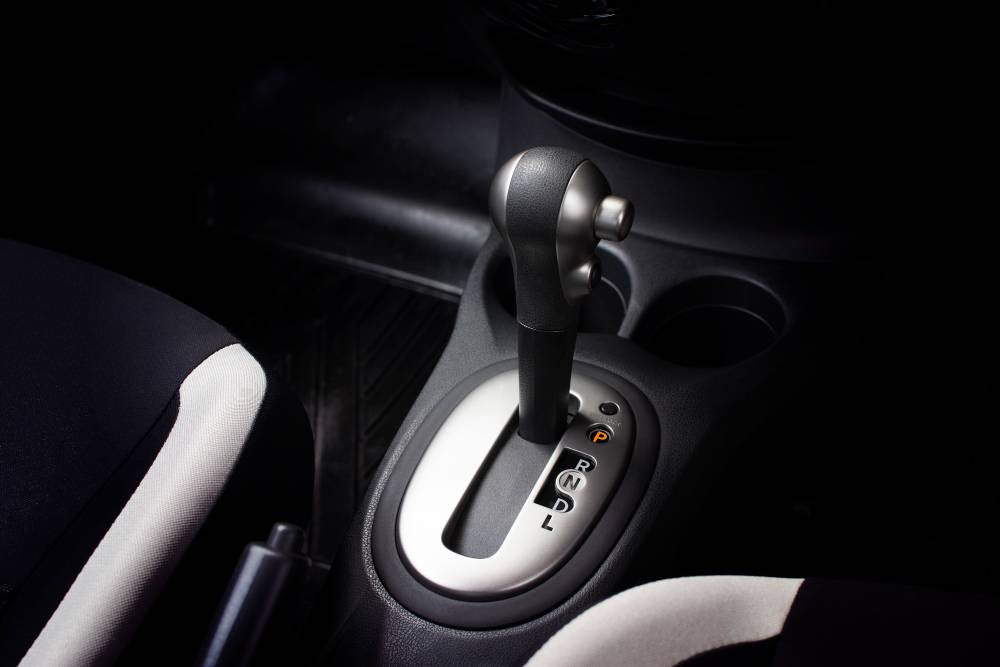Menu

While electric vehicles are gaining popularity, internal combustion engines with automatic transmissions still dominate the roads. Though these are the most common type of transmission in cars today, many drivers don’t fully understand how automatic transmissions work.
In this brief article brought to you by Wrights Car Care, we dip our toes into the fascinating world of automatic transmissions in a way that's easy to grasp. If you have any questions or are looking for a reputable auto repair shop, then give Wrights Car Care a call or visit. Our team is on standby to help.
A transmission is a mechanical system in a vehicle that transfers power from the engine to the wheels, allowing the car to move and shift gears. An automatic transmission is a type of transmission that changes gear ratios automatically as the vehicle moves. This frees the driver from having to shift gears manually. These transmissions make driving more convenient, especially in heavy traffic where frequent gear changes are needed.
At its core, an automatic transmission uses a combination of gears and a special fluid to transfer power from the engine to the wheels. Let’s take a closer look at the primary components:
When you start your car and put it into drive, the transmission is usually in first gear. The torque converter connects the engine to the transmission, allowing power to flow through.
As you accelerate, the transmission fluid flows through valves in the valve body and creates hydraulic pressure. This pressure moves the bands and clutches that engage different gears in the planetary gear set. The car shifts to higher gears as you speed up, all without any additional input from you.
Once you reach your desired speed, the transmission maintains the appropriate gear. The transmission fluid continues to cool and lubricate the system.
When you slow down, the transmission automatically downshifts to a lower gear. Here, the torque converter again plays a crucial role by ensuring the engine doesn’t stall when the car comes to a stop.
All vehicles require maintenance, but automatic transmissions typically require more maintenance than manual transmissions due to their complexity and the reliance on transmission fluid. Neglecting maintenance can have you pulling up for auto repair service more often than necessary.
Perhaps the most important thing is to make sure the transmission fluid is at the proper level; and remember to have a mechanic inspect and service the transmission periodically. Residents in the area can call Wrights Car Care to schedule a convenient appointment or arrange urgent service for as soon as possible.
Wright's Car Care offers the most reliable import and domestic auto repair services. Read our blog posts to learn more about your vehicle.
Winter is around the corner, which means your car should be ready for the cold months ahead. From freezing temperatures to icy roads, winter can take a toll on vehicles,…
READ MORENothing is more frustrating than a smelly car, especially if you can’t pinpoint the cause. If you didn’t leave an old fast-food bag behind, then chances are that it is emanating from the engine. Strange car smells may not raise concerns initially, but they can escalate into bigger, more expensive problems if left unattended. That’s where Wright’s Car Care comes in as your trusted partner…
READ MOREYour vehicle is more than just a means of transportation; it is an investment. With this in mind, taking a…
READ MOREEvery car owner knows that maintenance and repairs add up, but where you take your vehicle matters most. The cheapest…
READ MORE